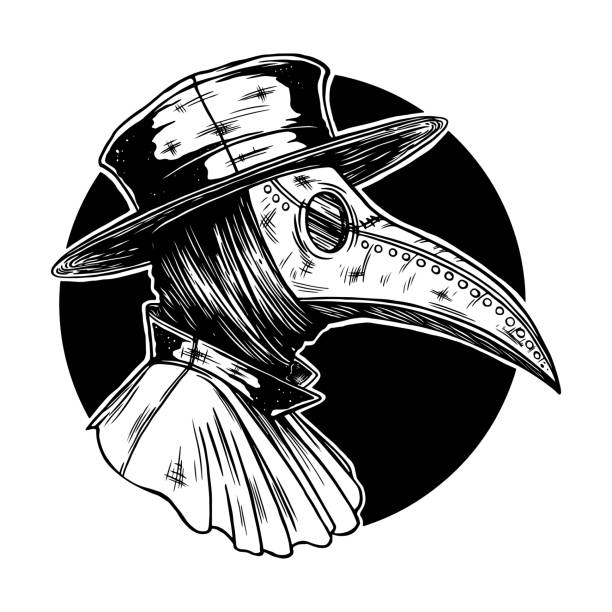Some kids in my family start losing their milk teeth. 🦷
While we don’t do the tooth fairy 🧚 stuff, I wondered whether there’s any cool kid-friendly experiments 🔬 to do with their deciduous teeth? Like dissolving them in easily available liquids to teach them the importance of brushing, or maybe some material strength tests to show how cool enamel is?
Hit me with some cool ideas, I‘ve got a few teeth to experiment with 😃
Well, I’ve been tempted to cut them in thin slivers, press them between metal plates, and test for piezoelectricity (they ought to be piezoelectric). Them build a higher-than-normal voltage Colpitts oscillator around it. Higher voltage to compensate for lousy crystal performance, not “high voltage”. Maybe tens of volts?
Then use them as a clock source for a CPU. Try to get one with fully static operation in case the frequency is not super stable.
This forms a good introduction to practical necromancy and necrocomputing for children. Happy Halloween!
Wow, calcium phosphate is piezoelectric? Good to know in case I can’t find quartz for some reason.
Bone is piezoelectric – not sure if this is due to structure or because apatite is also piezoelectric.
Some practical notes:
I haven’t been able to use it in crystal oscillators at 5V and a naive setup (a standard hex inverter crystal oscillator circuit). Probably I’ll need to use proper thin sections of it (to increase the electric field per mm), increase the voltage (e.g. 20V), and maybe stress it in the right direction (bone has a ‘grain’ to it).
Also : Fee fi fo fum. I’ll grind some bones to make my… breadboards?
It’s great segway to discuss aging, decay and the certain death that awaits them. Or you can do the fairy stuff sure
If you save up enough, you can have them in a bowl with milk, like teeth cereal.
Thompson’s Teeth. The only teeth strong enough to eat other teeth.
Digital microscopes are very affordable. Basic models up to 1000x can be found for 50 USD.
Break one up and look at the different layers under magnification.
Lol, 1000x is such bullshit. It’s hopelessly stacked digital zoom or idiotic lens measurements. 1000x is about the absolute maximum with classic light microscopes and those that can do it are quite expensive. Buy some cheap (stereo)microscope for $100 from some company like amscope (maybe used) and it will be much better and be useful for other stuff.
One of the most infamous experiments is submerging the tooth in cola, to show the importance of brushing. In primary school, it was done on white eggs though, but using a tooth would be more authentic. Ironically, while the tooth should completely rot in cola, the liquid is perfect for washing household things (the sink or a toilet bowl for example).
Does it really? I tried that with some meat when I was a kid, and other than turning a little ugly not much changed.
Yes it totally does. My teachers got a load of disembodied teeth when I was about 6, and we tied them to string and left them suspended in various drinks. The ones in coca cola had completely disappeared by the end of the experiment.
what you can do is hide the teeth under a neighbor kits pillow and leave a note on the door for the parents, then when they leave the money you go back in and take it before the parents find out, just watch out for the local tooth mob boss
If they haven’t been brushing their teeth and there’s visible calculus on them, you could use a metal pick and scrape it off like a dentist doing teeth cleaning, to show them how thick it is.
Maybe try leaving one in cola for a week or two as an experiment? You’d probably be able to see how the acid affects the enamel, which is why dentists recommend drinking soda through a straw, and also why generally you’re not supposed to brush your teeth directly after drinking soda (toothbrush is too abrasive on the weakened enamel).
The first thing that comes to my mind is to polish them like rocks.
Teeth in a tumbler could be anything from a kids story to the next Stephen King novel.






